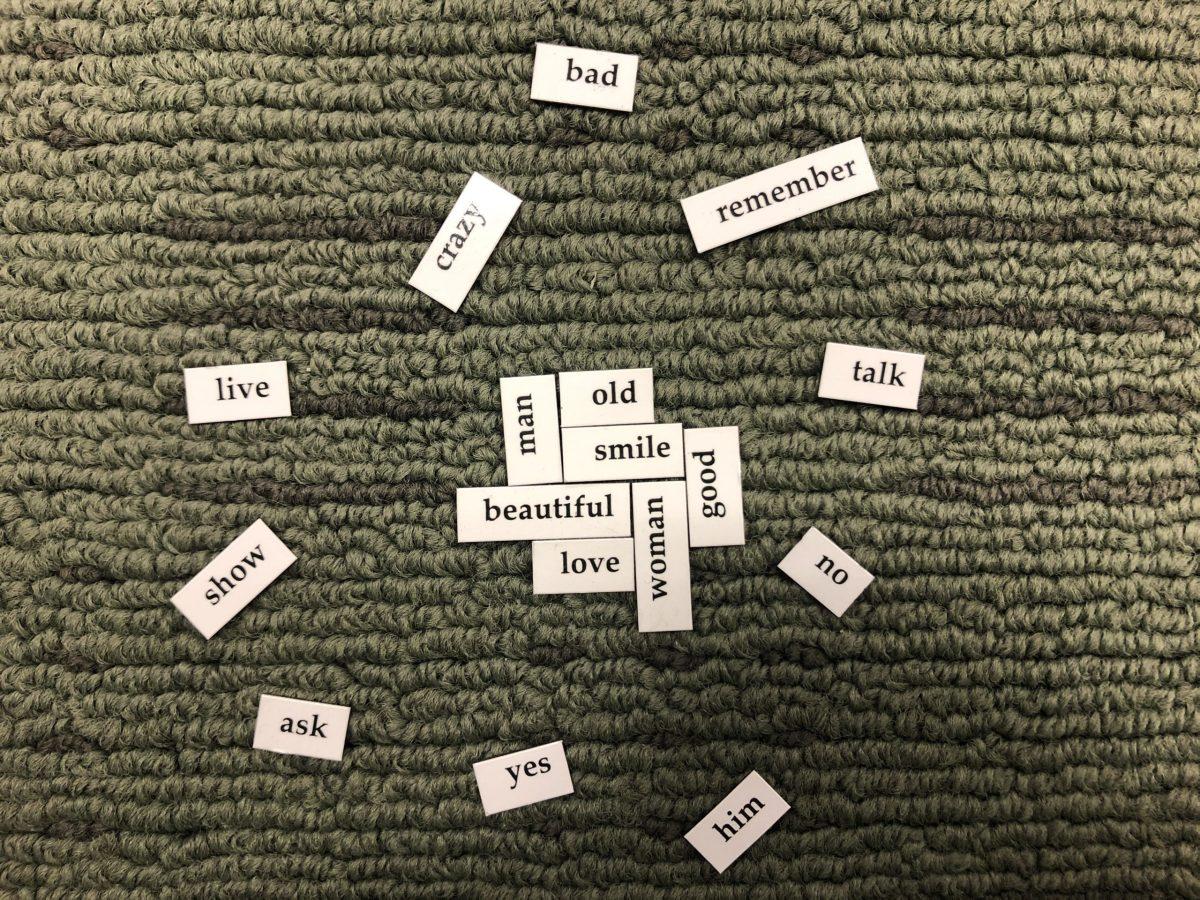Language, as a form of communication, is often overlooked or taken for granted. Have we ever stopped to think about how much power our words hold? We may fail to realize that the way we speak with one another changes constantly because we are learning new words every day.
Those around us come from all different cultural backgrounds and ethnicities. How you speak around your friends or family will be completely different than how someone else speaks around theirs. It is important to look at language in all forms of communication from different angles.
The Office of Social Justice, Inclusion, and Conflict Resolution (SJICR) recently held a virtual panel discussion that focused on why language is so important in today’s climate. Dr. JoAnna Murphy, the assistant director of Women’s and Inclusion Programs, and SJICR Graduate Coordinators Candice Peters, Alondra Martinez and Nicole Baliszewski presented guidelines that demonstrated how language evolves every day.
As explained in the first part of the presentation, inclusive language is designed to show sensitivity to differences, convey respect to all, acknowledge diversity and create equitable responsibility. When using the proper pronouns to express who someone is — such as she/her, he/him and they/them — not only does it allow us to show respect to that person, but we can also see the differences in the pronouns that we use.
“When using your pronouns, it allows people to be able to see a little bit of who you are, like maybe in an interview. You may be able to connect more with a professional you are interviewing with,” Martinez said during the event.
As Martinez explained, here are a few guidelines that you can follow for using inclusive language: correct someone if they use the wrong pronouns, make room for different complex identities, avoid acronyms, use gender-inclusive labels for families and use the pronoun “they” when speaking about someone whose pronouns you do not know.
If you make a mistake by using incorrect pronouns when speaking about others or failing to better understand different identities, you can improve these behaviors.
“Take responsibility for your mistake and then change,” Martinez said. “Change your habits. It is not hard. Owning up to your mistake will make you a responsible person.”
We can become more aware of the language that we use every day when speaking about others by following a few simple steps. As explained by Baliszewski during the presentation, we can check our biases with the Implicit Association Test, which was created by Harvard University. We can learn more about our own temperament, feelings and expressions.
Another helpful tip is to learn about different racial and ethnic body language customs. This shows respect and appreciation for those who are of a different cultural background than you. Do not be afraid to ask questions.
If you wish to know more about the Office of Social Justice, Inclusion, and Conflict Resolution and the work that they do, you can contact them directly at [email protected].
For comments/questions about this story, email [email protected] or tweet @TheWhitOnline.























































































































































!["Working with [Dr. Lynch] is always a learning experience for me. She is a treasure,” said Thomas. - Staff Writer / Kacie Scibilia](https://thewhitonline.com/wp-content/uploads/2025/04/choir-1-1200x694.jpg)










































